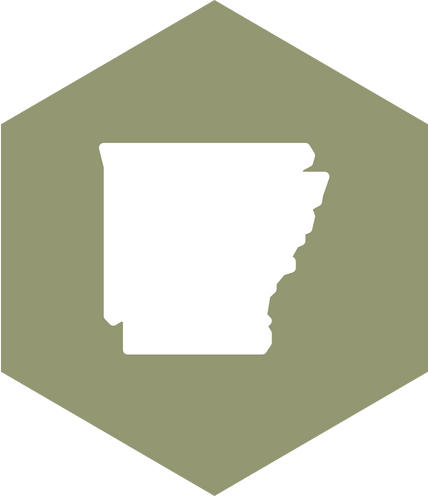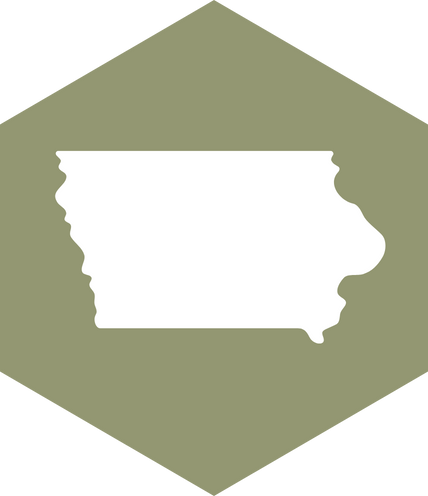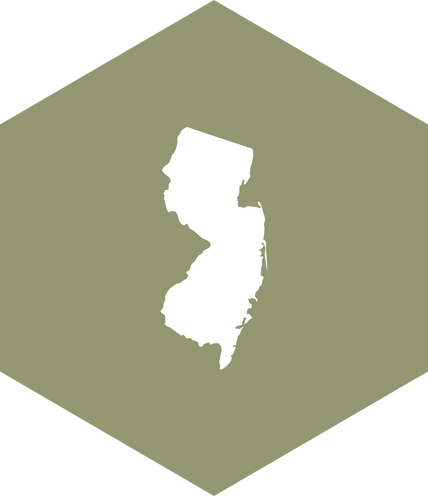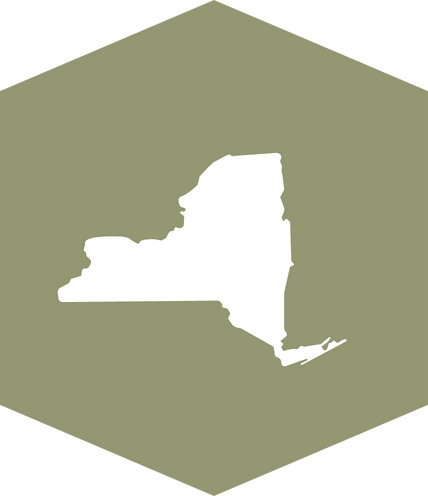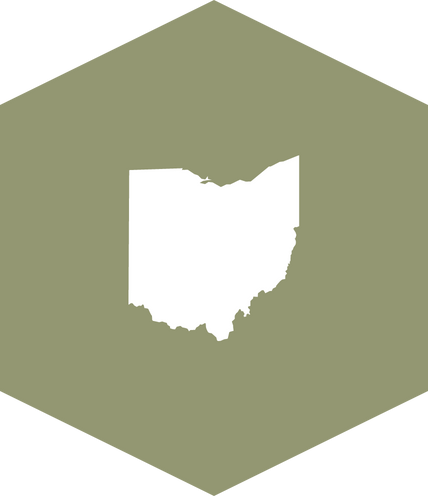Pediatric Cannabis: When is Medical Cannabis Used for Kids?
Pediatric cannabis or the use of medical marijuana within the pediatric population is a controversial topic, however, many of the largest advancements in the cannabis movement have resulted from children suffering from debilitating diseases fighting to access cannabis to bring back their quality of life.
Alexis Bortell and the late and forever-missed Charlotte Figi became early advocates for pediatric access to cannabis; both who lived with conditions that gave them multiple seizures a day, with cannabis oil giving them a chance at a childhood.

Compassionate Clinics of America serves residents of 24 states with medical marijuana certifications, bringing quality of life back to thousands of patients we have served since 2017.
In some cases, patients who are under the state age requirements for purchasing cannabis will receive a medical cannabis certification as a pediatric patient.
Pediatric Cannabis as an Option for Children
Some parents are turning to medical marijuana for their kids after exhausting all their medical options, most commonly for the treatment of the symptoms of epilepsy, and in some cases, for the treatment of symptoms of autism, ADHD, and other behavior-related conditions.
At Compassionate Clinics of America, we work closely with parents to learn about their child’s condition, the symptoms, and what other options have been tried before recommending medical marijuana or considering pediatric cannabis exposures.
Here is an overview of just some of the research around pediatric cannabis as it relates to seizure disorders and autism and other behavior disorders.
As regulations around what ages patients can access cannabis and what types of products pediatric patients have access to differ across states, it’s always best to understand the medical cannabis regulations specific to your state.
Medical Marijuana for Children with Epilepsy
Using cannabis for the treatment of epileptic seizures date back as far as 2700BC in ancient Chinese records, with the treatment of seizures being one of the most studied cannabis topics in pre-prohibition America. Later, the FDA approved the first pure CBD extract produced by GW Pharma called Epidiolex. Since, there have been several positive clinical studies on the ability of Epidiolex to reduce seizures, most specifically drug-resistant seizures.
A 2020 review of studies on cannabinoid medications and seizures showed that cannabis products had high effectiveness on specific epileptic syndromes such as Dravet syndrome and LGS, as well as intractable epilepsy.
This study, however, states that artisanal products containing cannabis compounds are not controlled, which is why it’s always best for pediatric patients to obtain a medical marijuana certification and use their medical marijuana card at a licensed dispensary.
Medical Marijuana for Pediatric Patients with Autism
Autism Spectrum Disorder (ASD) is a group of complex neurodevelopmental disorders characterized by repetitive patterns of behavior and difficulties with social communication and interaction.
It can affect up to one in 54 children and is still not a widely understood condition; however, it is believed that children living with autism may have an imbalanced endocannabinoid system, particularly when it comes to the CB2 receptors.
Researchers say that cannabis therapies may balance the endocannabinoid system, potentially regulating the levels of oxytocin in the body, a chemical messenger in the brain and the organs that impacts aspects of human behavior and mental health.
A 2018 retrospective feasibility study looked at the use of medical cannabinoids for children with Autism Spectrum Disorder to determine whether they were an effective treatment. 60 children aged around 11 years were administered an oral CBD and THC at a ratio of 20:1.
Results showed behavioral outbreaks were much improved or very much improved in 60% of participants, anxiety and communication problems were much or very much improved in 39% and 47% of patients respectively, and disruptive behaviors improved by 29%.
Another 2018 study observed an improvement was seen in reducing adverse events after using CBD in a number of symptoms including, anxiety, self-injury, hyperactivity, and sleep problems in children with a median age of 11 years who were living with ASD.
Another 2019 study on children aged between 5 and 18 years who were diagnosed with ASD and given a CBD and THC solution showed improvement in most of the participants in terms of seizures, restlessness, and outbursts. For these participants, many of the symptoms continued to improve over a 6 month period.
Cannabis Use and the Developing Brain
As stated, at Compassionate Clinics of America, we work closely with parents to learn about their child’s condition, the symptoms, and what other options have been tried before recommending medical marijuana or considering pediatric cannabis exposures.
We are very conscious of the fact that the brain isn’t fully developed until the mid-20s, or more specifically around age 25. Namely the pre-frontal cortex, the part of the brain responsible for planning, judgment, decision-making and personality is the last part of the brain to become fully developed, which raises concerns about cannabis use in the pediatric population.
As the brain develops the prefrontal cortex – which also deals with impulse control, strategic planning, or social behavior – is left susceptible as the brain is literally going through a reconstruction as it forms its complex networks of neurophysiological processes as it grows.
This may lead the brain to be damaged through substance abuse during the adolescent years, which would not occur in an adult with a fully developed brain.
In the case where cannabis is not being used in the pediatric population to treat a complicated condition such as treatment resistant epilepsy or autism as described above, marijuana use could have adverse effects.
If you are a medical marijuana patient, we always recommend that you keep your products away from the reach of children and always keep your products in child-resistant packaging.
Discover Whether Pediatric Cannabis is the Best Route
If your child is living with a condition that has taken away their quality of life, reach out to Compassionate Clinics of America to discuss whether pediatric cannabis is the best route for your child. As mentioned, we take pediatric cannabis very seriously and there are many factors we will consider before recommending medical marijuana to a children younger than the state’s recreational marijuana and medical marijuana program limits.
Marijuana legalization has opened many doors for people to explore the options when living with life-limiting conditions. Compassionate Clinics of America is here to help you find the best path to ensure your child has a chance at having a happy and healthy childhood.




